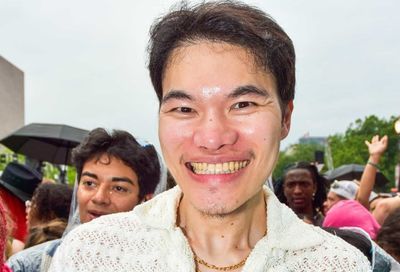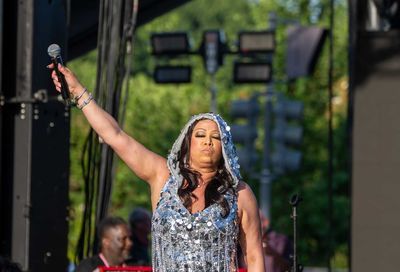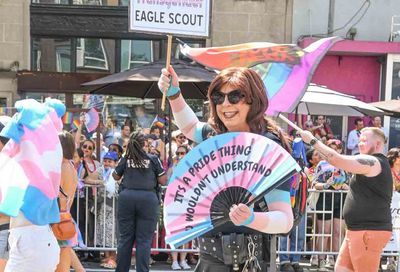Constitutional Countdown
New moves add impetus to Supreme Court's date with marriage
On the same day that a federal judge in Connecticut became the latest to strike down Section 3 of the Defense of Marriage Act, supporters of California’s ban on same-sex marriages petitioned their battle to the Supreme Court.
The petition comes nearly four years after California voters approved Proposition 8, a constitutional amendment banning same-sex marriage in the state, in November 2008 after the state had already granted same-sex couples the right to marry. For three years the constitutional amendment has been working its way through the courts.
A U.S. District Court and the Ninth Circuit Court of Appeals have both ruled that Proposition 8 violates the Constitution’s due process and equal protection clauses. Although Proposition 8 supporters petitioned the Ninth Circuit Court of Appeals for a rehearing, their petition was denied in June. Now they hope the Supreme Court will take up the case.
In a petition that runs nearly 500 pages, Proposition 8 supporters asked the country’s highest court to weigh in on the case because it raises the ”profoundly important question whether the ancient and vital institution of marriage should be fundamentally redefined to include same-sex couples.”
Responding to the news of the petition, Human Rights Campaign President Chad Griffin said in a statement that he was certain the Supreme Court would uphold the lower courts’ rulings.
”Despite losses in two federal courts and millions of dollars wasted, the proponents of Proposition 8 persist in their effort to hurt California families,” Griffin said. ”Even if the Supreme Court decides to review the Ninth Circuit’s decision, I am confident that they will come to the same conclusion as the judges, appointed by Democrats and Republicans, who have heard the case before them: Prop 8 simply cannot stand.”
Although the federal government has not taken a stand in the Proposition 8 case, it has been part of growing momentum in opposition to DOMA, which forbids federal recognition of same-sex marriage.
On July 31 — the same day Proposition 8 supporters petitioned the Supreme Court — U.S. District Court Judge Vanessa Bryant ruled in Pedersen v. Office of Personnel Management that Section 3 of DOMA, which prohibits federal recognition of same-sex marriages, is unconstitutional on the grounds that it violates the Equal Protection Clause of the 14th Amendment.
In her more than 100-page ruling, Bryant writes that Section 3 of DOMA “obligates the federal government to single out a certain category of marriages as excluded from federal recognition.”
The ruling was another defeat for the Bipartisan Legal Advisory Group (BLAG), which is controlled by House Republicans and has sought to defend the constitutionality of DOMA since the Obama administration stopped doing so in February 2011.
Support Metro Weekly’s Journalism
These are challenging times for news organizations. And yet it’s crucial we stay active and provide vital resources and information to both our local readers and the world. So won’t you please take a moment and consider supporting Metro Weekly with a membership? For as little as $5 a month, you can help ensure Metro Weekly magazine and MetroWeekly.com remain free, viable resources as we provide the best, most diverse, culturally-resonant LGBTQ coverage in both the D.C. region and around the world. Memberships come with exclusive perks and discounts, your own personal digital delivery of each week’s magazine (and an archive), access to our Member's Lounge when it launches this fall, and exclusive members-only items like Metro Weekly Membership Mugs and Tote Bags! Check out all our membership levels here and please join us today!
































